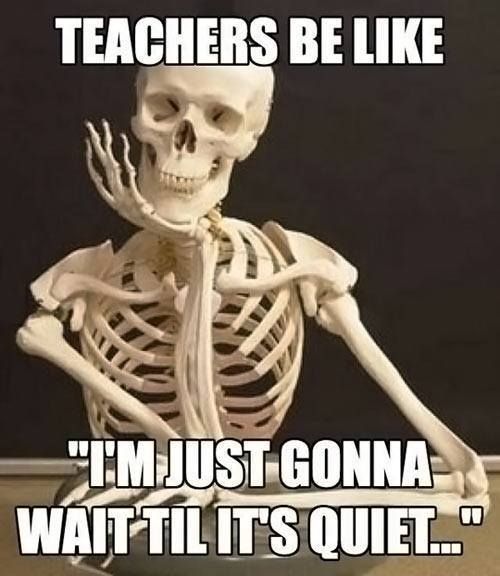I was explaining to a non-teacher friend of mine about the dynamic that young Black males face as teachers in the elementary setting, a setting dominated by middle-aged white women. The initial friction that urban Black male teachers face in elementary schools is one that manifests on a daily basis. This is not a shot at middle-class, white, middle-aged female elementary teachers. It is just a reality that schools have a lot of these ladies in the building. So when it comes to talking like a teacher, for me, it was something that I consciously grappled with on a daily basis.
My friend then asked me, when does one make the transition from talking like a teacher to being a teacher talking? I had to think about the question for a while. In fact, I couldn’t provide her with an immediate answer. The question suggests that there is some transition that occurs within teachers from the point of being a new teacher toting the linguistic line by always evaluating their speech patterns with students (and staff) to a “veteran” teacher who no longer consciously thinks about how his words come out of his mouth. The question delves at a deeper understanding of the teaching profession, and that is, when does a teacher authentically feel comfortable inside his or her classroom?
I finally became a “teacher talking” when I perceived that I had gained the trust of my students and the trust of the staff I worked with. I gradually gained this “trust” by doing my job: and I didn’t measure proficiency in doing my job merely by the test scores of my students. I measured my effectiveness in the classroom by student engagement: if I ran a club, how many students would show up? If I wanted a quiet work period, how quick could I get students to buy in? When student I taught graduated, how many would come back to visit me? I backdoor-analyzed my ability to talk like a teacher through measures that could demonstrate how many of my students actually liked me as their teacher. That sounds trivial in that teaching is not a popularity contest nor should teachers strive to be friends with students (to a certain extent). But with teaching in elementary school comes a certain negotiation (or molding, for a more optimistic term) with students. I became a teacher talking after I gained the trust of my students and realized that however I talked to them, as long as it was genuine, would be received in earnest. Thus, I realized that I went from talking like a teacher to being a teacher talking once I understood that my students were going to validate my “teacher existence” no matter which way I gave it to them.
I think being an anomaly in a space, especially one like education, gives you a certain insight into certain things. Aspects of teaching that others may take for granted were not afforded to me as a young, Black male in the world of education. Things that may have been merely subconscious to other teachers were explicit and fractious for me as I learned how to navigate this new professional world. Now, there is no doubt that I am a “teacher” talking. I come off the top and say things to my kids that would undoubtedly have observing teachers scratching their heads and thumbing through their first-year manuals trying to find the page where it says in this instance, do or say this! But I am able to be fully comfortable with my approach to teaching, and more specifically, the way I talk as a teacher, because of the validity that students have given me over time. Along with that comes a comfort level that may take days, months, or even years. But when being a teacher talking finally comes, it is the students primarily who have afforded you that ability to finally find your voice.
[share title=”Share this Post” facebook=”true” twitter=”true” google_plus=”true”]

